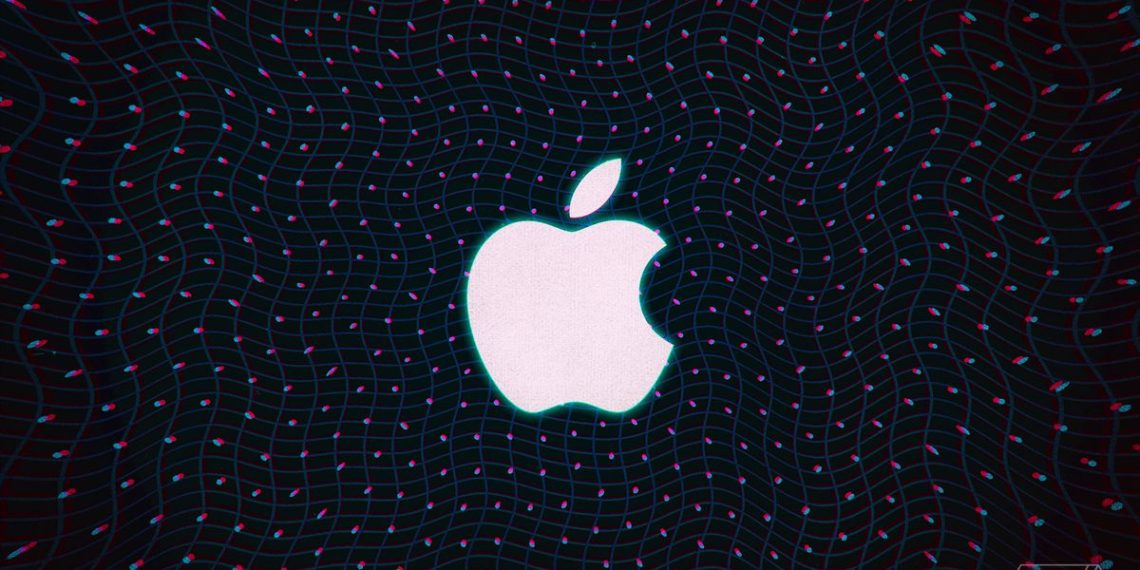Recently, several developers complained about how Apple threatened to remove their apps from the App Store because they hadn’t been updated in a “significant amount of time.” Now, the company has responded — by issuing a press release effectively saying that nobody was downloading the apps anyways.
The notice, released on Friday evening, reads in part:
As part of the App Store Improvements process, developers of apps that have not been updated within the last three years and fail to meet a minimal download threshold — meaning the app has not been downloaded at all or extremely few times during a rolling 12 month period — receive an email notifying them that their app has been identified for possible removal from the App Store.
We’ve heard about those emails before — last week, developers like Robert Kabwe and Emilia Lazer-Walker reported getting them, and expressed distress that they had 30 days to update their apps, or they’d be removed from the store. Other developers shared similar experiences on Twitter, saying that the policy, and the amount of time they were given to make changes, were unfair to indie developers.
They also expressed deeper concerns about Apple deciding to wipe away an entire class of apps because it thinks they don’t belong on its store. Lazer-Walker argued that games should be allowed to be finished, and that they can still be valuable without being a service. Kabwe expressed a similar idea, pointing out that you can still buy console games from the 2000s. To put the argument another way: Apple removing these apps is a bit like it removing movies from the iTunes Store just because they show up with black bars on modern TVs (though I do understand that interpreting a video signal is less complicated than running code).
Sometimes software is done. I know the World expects growth and change and improvement forever (for free) but sometimes the software is done and it ships and that’s the end of the story.
‘Old’ and ‘stable’ are not failure states. On the contrary — they indicate success. https://t.co/ELEzf1jjOj
— arclight (@arclight) April 24, 2022
Apple’s explanation does clear up why it, as some developers noted, seemed to apply the rules inconsistently. For example, one developer noted that Pocket God, a popular game from the iPhone’s early days, hasn’t been updated for seven years but is still on the App Store. Apple is basically saying it’s still up because it’s still popular.
From one angle, this reasoning doesn’t necessarily gel with the first half of Apple’s post, where it says it removes old apps to ensure “user trust in quality apps,” and to improve discoverability, security and privacy, and user experience. After all — if an app is problematic because it’s outdated, more downloads would make a bad app a bigger issue. Who’s being harmed if there’s an outdated app almost no one is downloading?
But Apple says it doesn’t want the App Store cluttered up with apps that both developers and users have forgotten about. It has enough problems making it easy for users to find good apps as it is, and it’s easy to imagine Apple seeing deleting old, seemingly irrelevant apps as a good solution.
While Apple’s post may feel like a slap in the face to developers worried about losing something that they spent genuine time and effort on, the company is extending a tiny olive branch. Its post notes that anyone who receives a notice from here on out — and those who already received a notice — will have 90 days instead of 30 to update their app before it’s removed. While that should make it easier for developers to save their apps, it doesn’t let the programs “exist as completed objects,” as Lazer-Walker put it. Apple, it seems, is only interested in the completed objects that are still getting eyeballs.
Credit: Source link




















